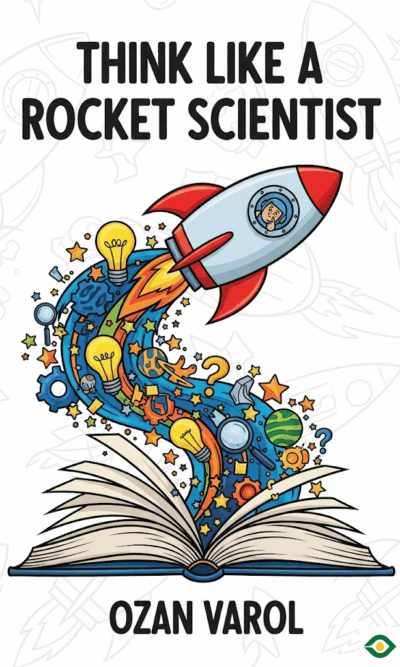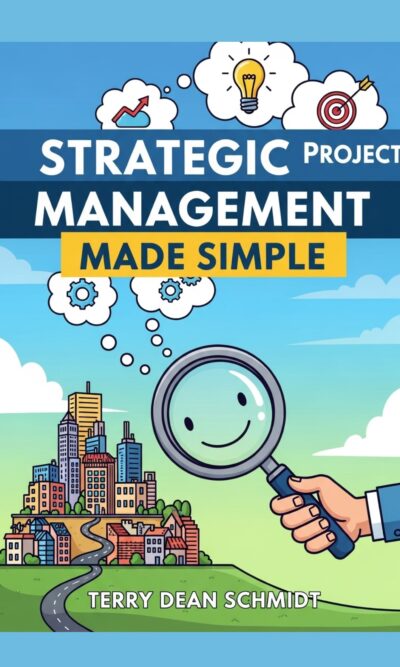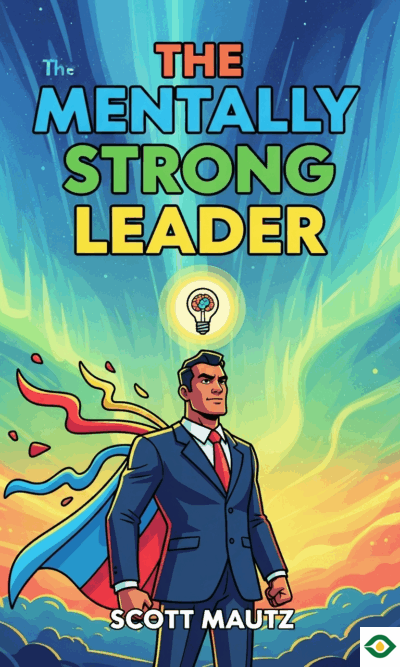Description
Work has always been at the center of human life, but in today’s world it feels more unstable than ever. For many people, hard work alone no longer guarantees security, happiness, or success. Companies are shifting quickly, technology is reshaping jobs, and workers are often treated as disposable. To thrive, we need more than discipline—we need adaptability, resilience, and the courage to shape our own paths.
Disengagement is one of the biggest challenges in modern workplaces. Studies reveal that most full-time employees across the globe are not truly invested in their jobs. Instead of feeling excited or fulfilled, they drag themselves through the week and only feel relief when Friday arrives. This disengagement comes at a huge cost: unhappy employees are more likely to burn out, become sick, or even suffer depression. On a larger scale, companies and economies lose billions in productivity.
One major cause is outdated work structures. Many organizations still cling to rigid schedules, forcing employees into a 40-hour week inside office walls, even when the nature of the job could allow flexibility. Another issue is how companies view people. Workers are too often treated as if they are lazy and need to be pushed, monitored, or bribed. Such mistrust destroys motivation. What people really want is autonomy, respect, and the feeling that their work has meaning.
When people feel they are shaping their work, rather than just filling a role, they come alive. Companies that understand this attract not just customers but also dedicated employees. Patagonia, for example, is known worldwide not only for its outdoor clothing but also for its environmental values. It repairs old products, raises funds for conservation, and makes tough choices, like encouraging people to buy less. This culture resonates with employees as much as customers. Staff want to be part of something larger than profit.
Contrast this with companies where values and actions don’t align. If employees feel they are working for something pointless, disengagement is inevitable. On the other hand, when companies truly live their mission, workers feel inspired. CVS, the US pharmacy chain, chose to stop selling cigarettes because they clashed with its health mission. The short-term losses gave way to long-term success and stronger trust from both customers and employees.
Another barrier to engagement is rigid management structures. Traditional workplaces often rely on layers of bosses giving orders while employees simply follow. But this model wastes human potential. Too many people sit waiting for instructions instead of bringing creativity to the table. Real growth happens when workers are trusted to take ownership.
Examples from around the world prove this point. Buurtzorg, a Dutch healthcare company, replaced heavy management with self-organizing teams of nurses. Each group runs itself, hires new members, and makes decisions without top-down orders. The result? Better patient care, fewer hospital visits, and massive savings for the government. Similarly, big corporations like Haier have reduced management roles and encouraged self-management, leading to impressive results. While this model demands emotional intelligence and responsibility from employees, it also unleashes innovation and satisfaction.
In such environments, adaptability becomes the most important skill. Work no longer looks like it did decades ago, where someone might stay in the same role for 30 years. Today, careers are shorter, and many people change fields multiple times in their lives. The rise of freelancing and contract work makes flexibility even more essential. To succeed, workers must keep learning, adjust to new technology, and quickly collaborate with different teams.
Google offers an example of how adaptability fuels creativity. Its X “moonshot” lab encourages bold experiments where failure is celebrated as a step toward discovery. This attitude mirrors how jazz musicians like Miles Davis treated mistakes—not as errors, but as opportunities to create something fresh. The modern workplace rewards those who can improvise, learn fast, and stay open to change.
Still, adaptability alone isn’t enough. Workers also need to design smarter habits and healthier relationships with technology. Despite promises that automation would reduce working hours, people are busier than ever. Much of this busyness, however, is wasted on constant emails and digital distractions. True productivity requires boundaries. Instead of starting each day by checking a phone, workers should set priorities and protect their focus. Research shows that people can only concentrate deeply for a few hours at a time. Short, intense sessions with breaks in between lead to far better results than grinding through endless hours.
Some companies are experimenting with shorter work weeks, and the outcomes are striking. Microsoft tested giving workers extra Fridays off, and productivity jumped while employees felt happier and healthier. This shows that when people are given the chance to balance work with rest, they deliver more value. Even if you don’t work for such a company, you can still structure your own time, manage your energy, and protect your attention as your most valuable resource.
Ultimately, one of the most powerful ways to make work meaningful is through job crafting. This means reshaping your role in ways that bring more purpose. Take the example of a hospital cleaner who went beyond her assigned tasks. She cleaned ceilings so patients wouldn’t see cobwebs, brought water when nurses were unavailable, and decorated rooms to comfort coma patients. These small, voluntary actions transformed her job into something deeply rewarding—not just for her, but for those she served.
Job crafting doesn’t require a grand title. It requires reimagining your role, expanding responsibilities, or reframing how you view your contribution. It’s about turning even small acts into something bigger and more meaningful. At its heart, job crafting challenges us to rethink success itself. Instead of measuring achievement only in money, we should ask: does this work improve lives, protect the planet, or strengthen community? The future belongs to companies and individuals who balance financial goals with social and environmental impact.
The lesson from all of this is simple: the world of work is changing, and we cannot rely on old formulas. Instead of waiting for someone else to give us direction, we must take ownership of our learning, habits, and career choices. We must stay flexible, keep shaping our roles, and define success in a way that aligns with our values.
Being a “shaper” means more than surviving in uncertain times—it means building a career and a life that feel meaningful, resilient, and uniquely your own.





